
Information on Concussions
Concussions may be the minor or major but in any case they may interfere with the proper functioning of the brain. One’s memory, coordination, judgment, balance, speech and reflexes may all be compromised by different types of concussions. The most common cause of concussions is a blow to the head which does not necessarily involve a loss of consciousness in all cases.
Black outs are not characteristic for those who suffer from concussions. There are even cases of people having concussions but not even being aware of it. Concussions are pretty much common medical conditions for those who indulge in contact sports on a regular basis. Every concussion is actually a brain injury and it requires a certain amount of time and as much resting as possible in order to heal in a proper way. Concussions are mild in most cases which means that a person can recover from one rather easily.
Symptoms and Treatment
Sometimes the signs and symptoms of concussions may be so subtle and mild that they can barely be recognized. Some symptoms can take a lot of time in order to heal.
The most common symptoms of concussion are amnesia and confusion. Amnesia sometimes can be preceded by a black out or a loss of consciousness and the patient usually does not remember the impact which is the actual cause of concussion. Other symptoms of concussion may or may not include headache, fatigue, dizziness, slurred speech, ringing in the ears, vomiting and nausea. Certain other symptoms may occur a few hours a day after the impact has happened.
They may include memory problems, depression, concentration problems, light sensitivity, irritability, noise sensitivity and sleep disturbances. When concussions occur in children they can be recognized by certain nonverbal clues such as listlessness, unsteady walking, fatigue, loss of balance, irritability, lack of interest in favorite toys, changes in the sleeping and eating patterns. Concussions that are accompanied by prolonged dizziness or headaches indicate that a person should seek immediate medical attention.
Other severe symptoms include vision disturbances, loss of smell, nausea, loss of taste, vomiting, impaired balance and a prolonged memory loss. Severe symptoms in children include loss of consciousness, nose or ear discharge, repeated vomiting, dizziness, convulsions, slurred speech, severe headaches, coordination changes and behavior changes. Concussions require as much resting as possible. Headaches can be relieved by using acetaminophens. Vigorous activities should be avoided until the patient is fully recovered.


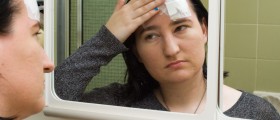
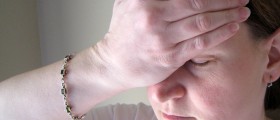
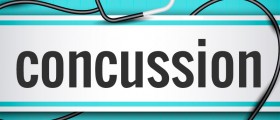


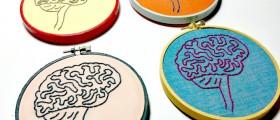


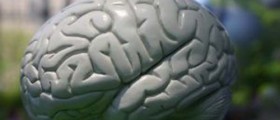

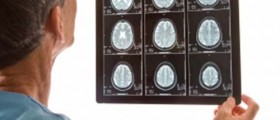

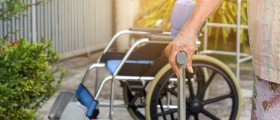
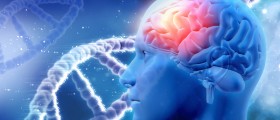

Your thoughts on this
Loading...